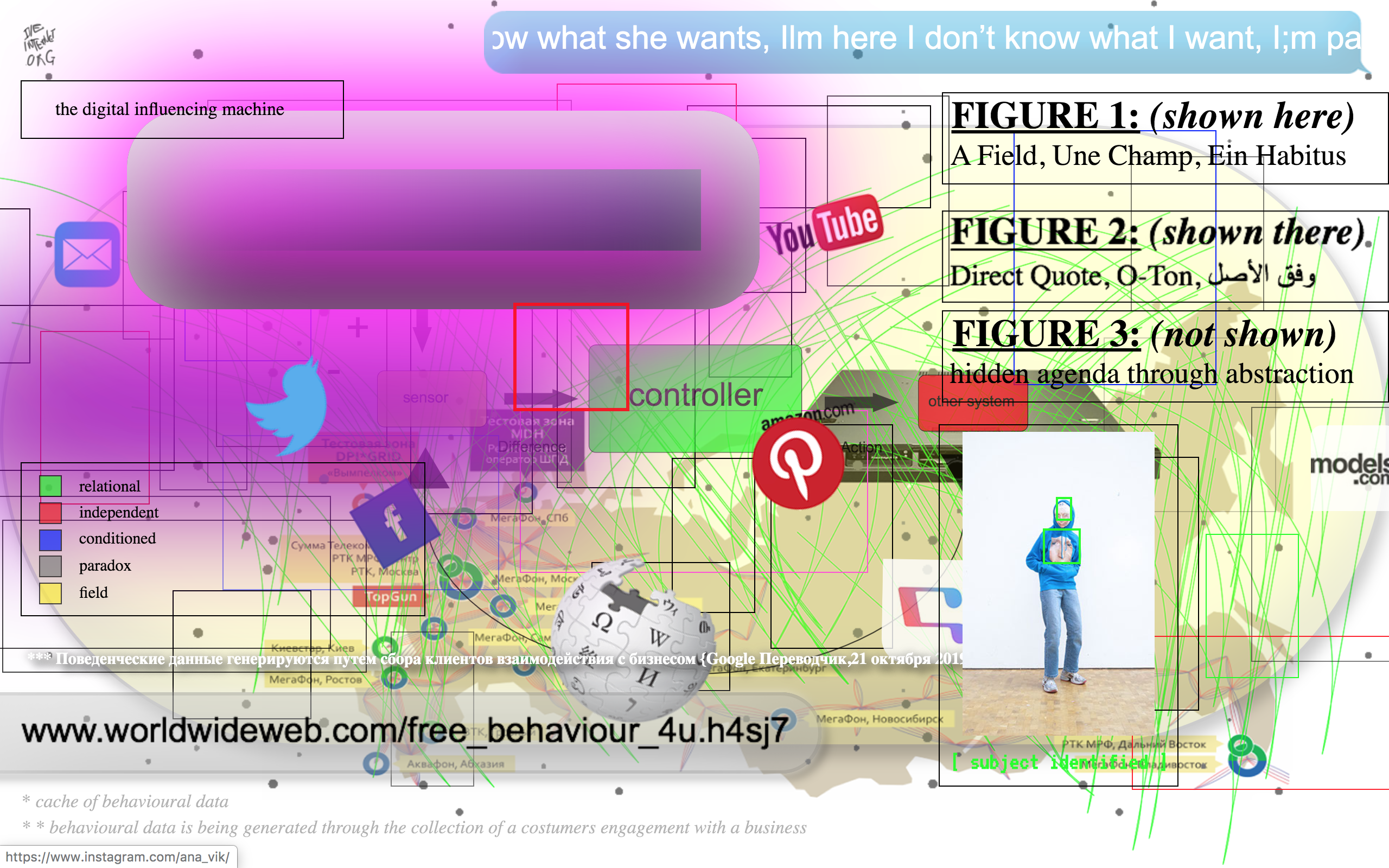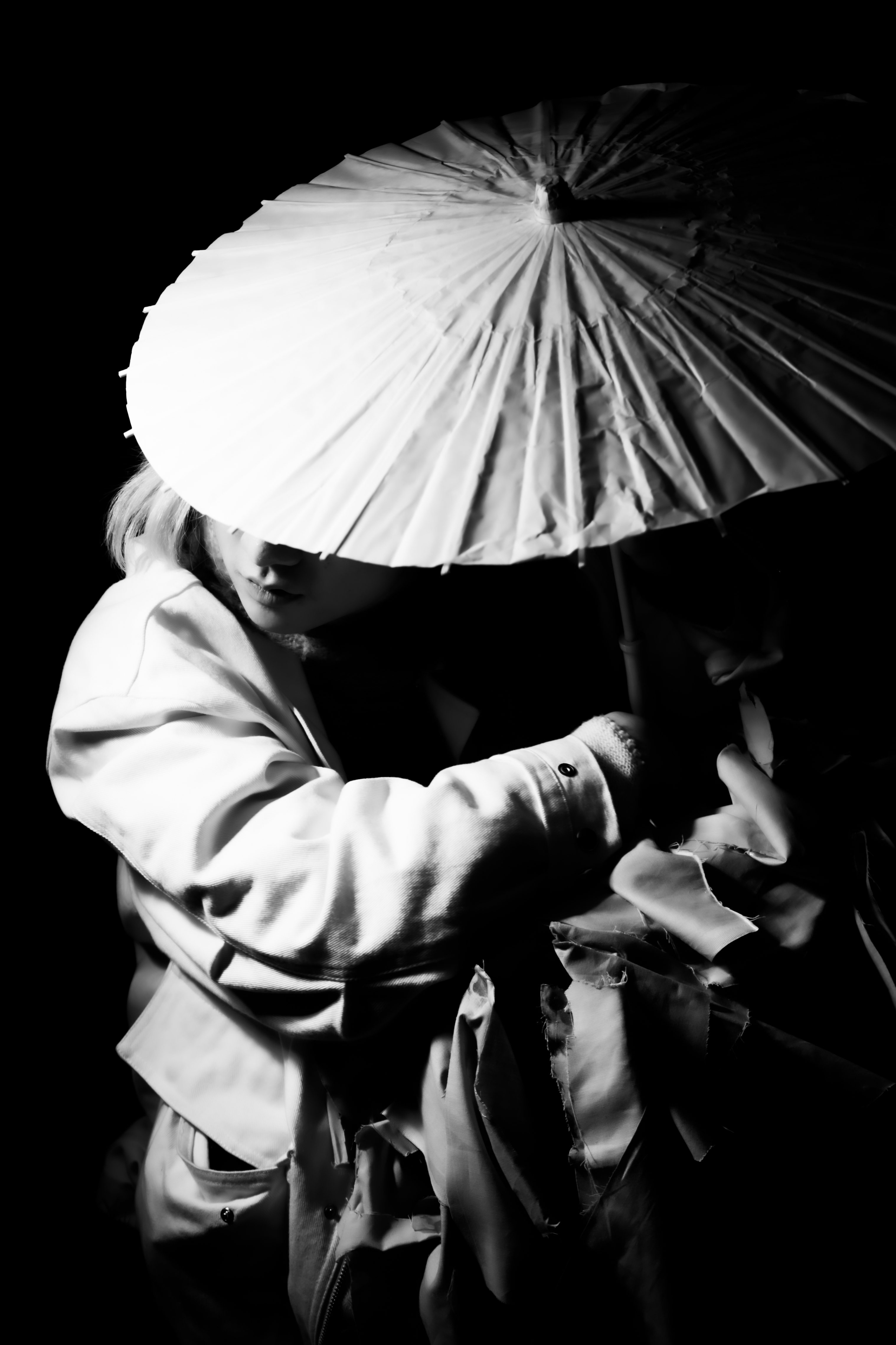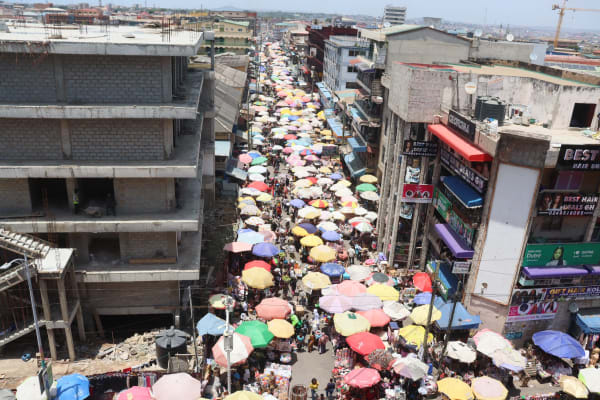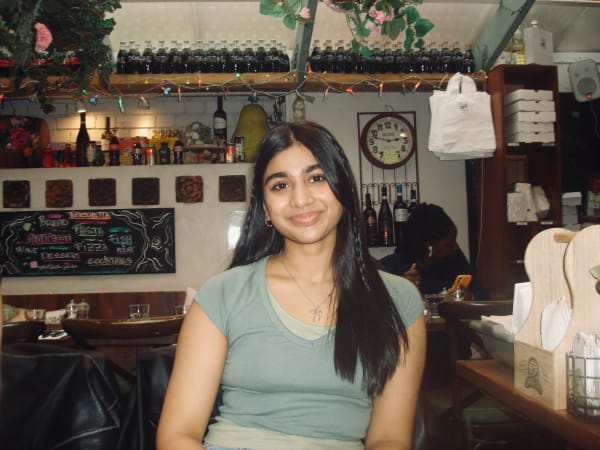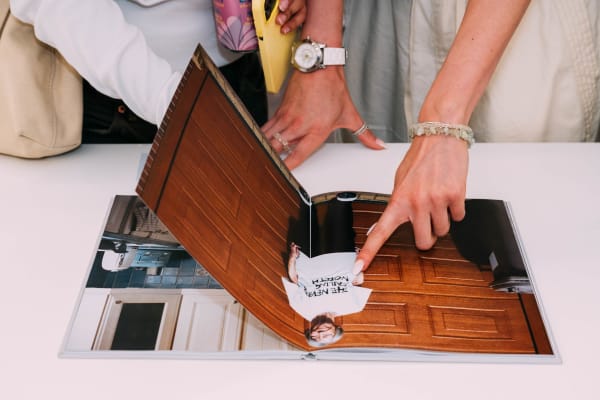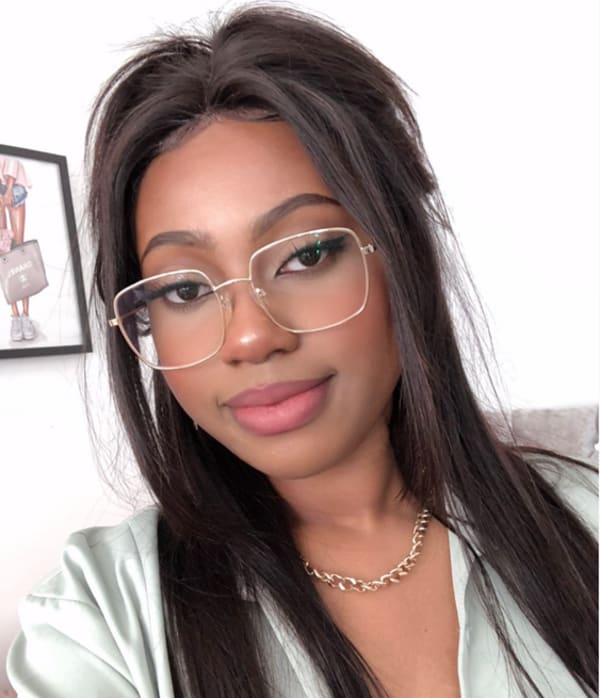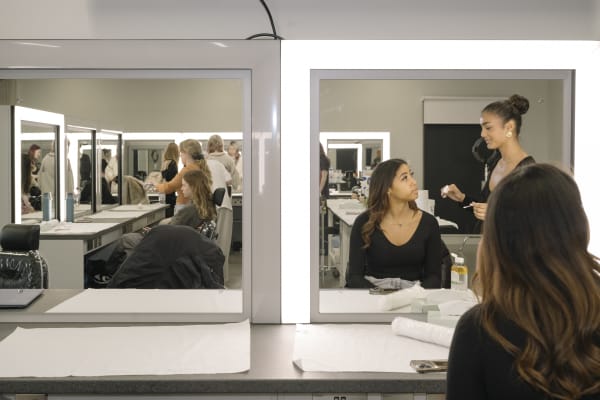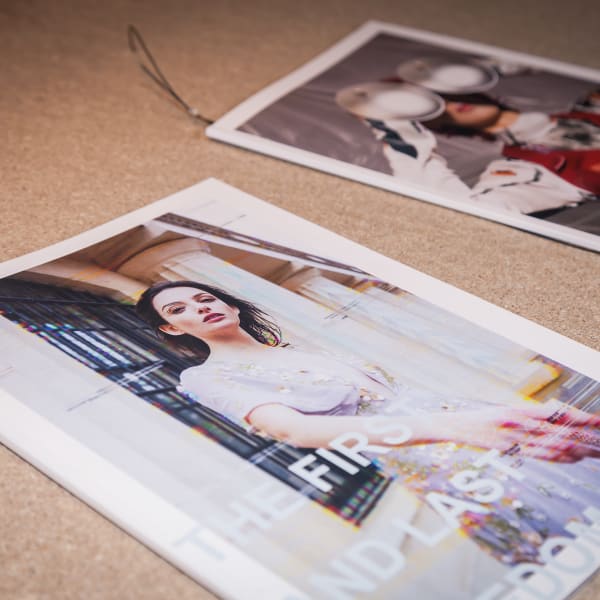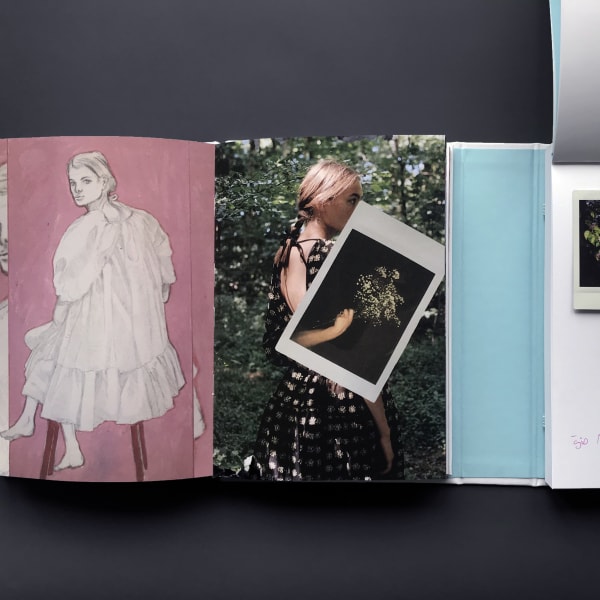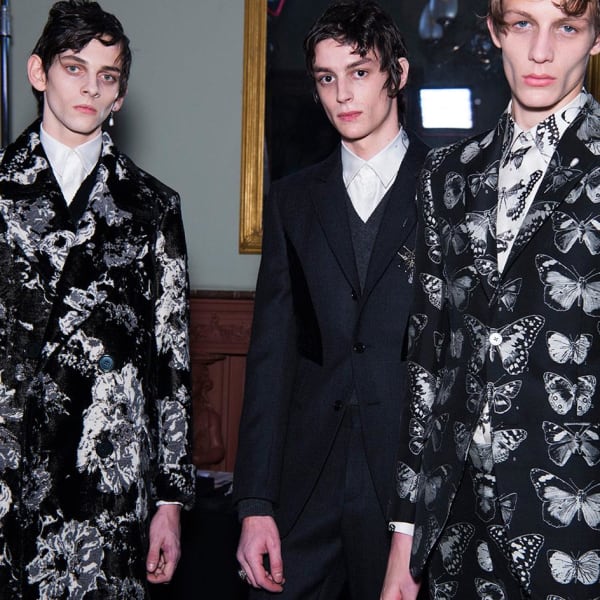Course units
You will be required to complete 360 credits at levels 4, 5, and 6 to be awarded the BA (Hons) Critical Practice in Fashion Media.
After achieving 120 credits at level 4 you can opt to be awarded CertHE.
After achieving 240 credits (to incl. minimum of 120 at level 5) you can opt to be awarded DipHE.
After achieving 360 credits (to incl. minimum of 120 at level 5 and 120 at Level 6) you will be awarded BA (Hons).
Stage 1 (Level 4)
The units you will study in Year 1, Stage 1, Level 4 are as follows:
Introduction to Fashion Communication
You will be introduced to your course, its subject specialism and effective learning at undergraduate level. You’ll learn the practices and knowledge base needed to understand your discipline and develop skills for independent & collaborative learning, reflection and self-development.
Fashion Activism
Explore change-making and activist practices in fashion and understand how critical practitioners have harnessed fashion to make positive social change. You’ll develop a range of technical skills (such as photography, moving image, typography and layout and software for social media) to produce inclusive fashion media and communication outcomes in relation to climate, racial and social justice.
Fashion Cultures and Histories
You’ll take a philosophical and theoretical approach to the study of fashion and its role in representing and communicating identity. Understand key ways of thinking about fashion across its cultural, historical, social and political contexts. Engage in debate and analysis of fashion as a key marker of social and cultural change and a means of understanding the relationship between individuals and communities.
Storytelling for Change
Use fashion as a starting point to speculate and tell stories which connect with others and initiate meaningful change associated with climate, racial and social justice. You will explore a variety of narrative tools and techniques as well as experiment with different storytelling media.
Fashion Communication: Community of Practice
Develop your understanding of the fellow disciplines in the Fashion Communication programme. Consider how this community of practice can contribute to a more socially conscious future and produce a proposal for a project that promotes change making through collaboration.
Stage 2 (Level 5)
The units you will study in Year 2, Stage 2, Level 5 are as follows:
Critical Issues in Fashion Research
Expand your critical understanding of fashion in a global context and examine emerging debates in fashion research. You’ll engage in collaborative research around current and emerging cultural issues and be guided through researching and writing about fashion across its social, historical, political and cultural contexts, building on the first-year unit Fashion Cultures and Histories. You’ll develop your own independent research path and interests.
Proposal for Change
Formulate achievable strategies for change relating to fashion. Building on the speculative work you did in the previous unit at the end of Year 1, you will generate insights based on primary research with communities connected to London College of Fashion. Creatively present your research with the aim of producing positive change aligned with UAL’s climate, racial and social justice principles.
Fashion Communication: Situating Your Practice
Explore and develop your fashion communication identity and position yourself within the professional fashion eco-system. You will examine the possibilities available to you now and in the future and determine the skills you need to develop your practice and professional profile. You will consider how your work has purpose, addressing your motivations and values.
Fashion Communication: Professional Practice
You have an option to choose:
Placement
Undertake a short- term placement in industry which is suitable for your own development and career aspirations. The Graduate Futures Placement Team provides support to get a placement and you can directly apply to companies.
Portfolio
Experiment with creative practice and develop an outcome for your portfolio in response to an industry brief. Using a process of design principles you will define, ideate, and test your ideas with an external audience in mind. There will be support throughout from both academic and industry practitioners.
Fashion Activation
Contribute to a critical fashion ‘activation’ that aims to produce positive change relating to climate, racial and/or social justice in an identified audience. Develop skills, tools and methods to understand and assess the impact of your work on this audience. You will design and produce a report that evaluates the outcome and provides evidence of its impact.
Optional Diploma Year
CCI Creative Computing
Between years 2 and 3, you can undertake the year-long Diploma in Creative Computing. This will develop your skills in creative computing alongside your degree. After successfully completing the diploma and your undergraduate degree, you’ll graduate with an enhanced degree: BA (Hons) Critical Practice in Fashion Media (with Creative Computing).
CCI Apple Diploma
Between years 2 and 3, you can undertake the year-long Diploma in Apple Development. This will give you an opportunity to become an accredited apple developer alongside your degree. After successfully completing the diploma and your undergraduate degree, you’ll graduate with an enhanced degree: BA (Hons) Critical Practice in Fashion Media (with Apple Development).
Industry DIPS
This optional diploma can be taken between years 2 and 3. With support from your tutors, you’ll undertake an industry placement for a minimum of 100 days/20 weeks. As well as developing industry skills, you’ll gain an additional qualification upon successful completion.
Enterprise DIPS
This optional diploma can be taken between years 2 and 3. With support from your tutors, you’ll undertake an enterprise placement year where you will explore a business idea from proposal to minimal viable product (MVP). As well as developing enterprise skills, you’ll gain an additional qualification upon successful completion.
Stage 3 (Level 6)
The units you will study in Year 3, Stage 3, Level 6 are as follows:
Research and Development for Critical Practice
Perform primary and secondary research to inform a project proposal that you will produce during the Critical Practice unit in Block 2. You will explore a current issue or debate relating to fashion and its audiences in the context of positive action towards climate, racial and/or social justice. Your proposal will include a research question or theory of change statement.
Creative Industries: Theories and Practices
In this unit, you’ll complete an independent research project and engage with industry professionals to learn about current debates and issues that shape and inform cultural production across media, communication and performance. You’ll be encouraged to respond to these debates in the form of an extended essay with supporting research materials. This unit will equip you with critical thinking, literacy and communication skills for both academic and professional contexts.
Fashion Communication: Practice and Research
Explore an area of interest in Fashion Communication by combining your creative practice with a theory and process led enquiry. Your chosen topic should relate to your field of practice, addressing contemporary and critical debates. You’ll learn about practice-based research, define a research area, and respond to it, testing your ideas in preparation for the Critical Practice unit, through a creative process and academic writing.
Critical Practice
Using your research findings and the research question/s identified in the Research and Development unit, you will develop, produce and document a substantial critical fashion media/communication outcome and an evaluative commentary or report. Your outcome should aim to produce meaningful change in or through fashion in the context of climate, racial and/or social justice.
Professional Presentation
Consolidate your learning and prepare for future employment or postgraduate opportunities. Reflect on your career goals to position yourself and your work for future professional contexts. You will be supported by tutors and creative practitioners to select appropriate media and platforms to creatively and professionally present you and your work.
A 20 credit unit is approximately equivalent to 200 hours of learning time, which includes a mixture of taught time, independent study and assessment.
All students are entitled to a tutorial package that consists of:
- one induction tutorial (group or one to one)
- one tutorial per block for the duration for their course of study at LCF
- group tutorials as required
- an appropriate level of confidentiality.
